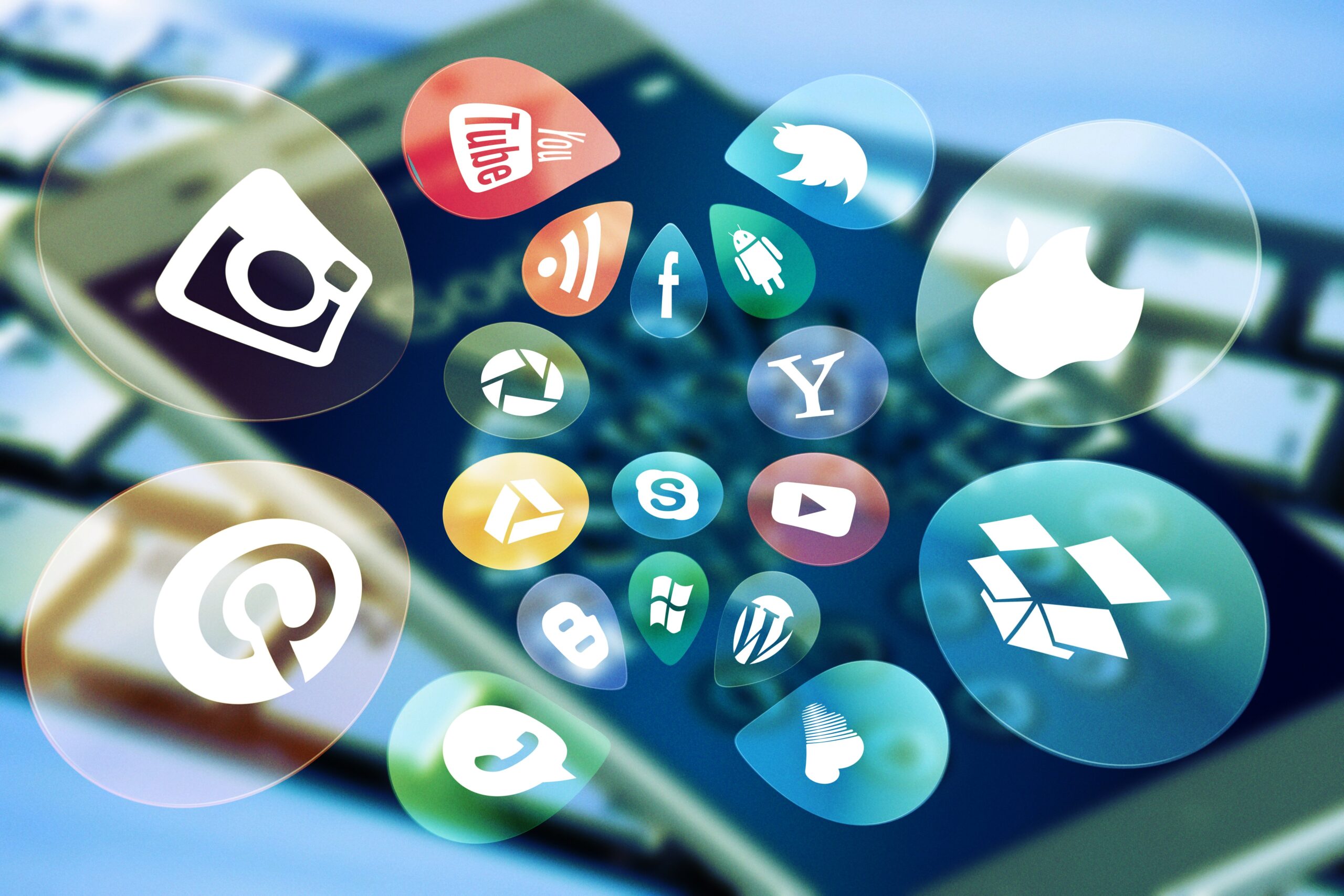Introduction
With the advent of media in every sphere of human life, the last bastion of protection from prying eyes, the judiciary, seems to have fallen.1 Media, which is considered as the fourth pillar of democracy, is now playing the role of pressure groups which go against everything democracy stands for. The effect of the acts of the media as a pressure group is devastating, as a person is declared guilty before even he or she gets the opportunity of a fair trial guaranteed by Article 21 of the Indian constitution.
Once a matter comes to the attention of the media, a large pressure is put on the judiciary to sentence the accused with the gravest punishment there is and to dispose of the case as early as possible. Though, what is the role of media? is it really an agent of a pressure group or it is the guardian of the truth?
Analysis
Whenever the matter of free press is raised, there are mainly two strong arguments that come into the picture: During high publicity court cases, the media is often accused of provoking an atmosphere of public hysteria akin to a lynch mob which not only makes a fair trial nearly impossible but means that regardless of the result of the trial the accused will not be able to live the rest of their life without being hounded at every turn2, the second argument stands on the logic that the media is the sole representative of the truth and the public opinion at large so to censor the media would be an attempt to suppress the voices of the millions of people residing in the nation.
The judges, acting as a face of judiciary, are merely human and the fact is they are influenced by societal pressure. There is obviously some amount of social influence and this is quite evident in some of the landmark judgement. When we see the Ayodhya judgement, the Nirbhaya judgement or any judgement for that fact that is sensitive in nature and can provoke an environment of social unrest a bias is clearly visible.
Judges: Social creatures
A huge amount of weightage is given to the judges as they are the sole decider of cases. Moreover, judges being social creatures are influenced by public opinion. Every judge comes from a background and his opinions and ideas are guided by it, this is why we have the provision of benches where judges combine their judicial minds to take a decision.
Though, the question here that we must think about is that, should there be a situation where the media oversteps its boundary and creates a situation where a person is deprived of a right to a fair trial?
We must understand that a judge is a person of utmost integrity and consciously there is no effect of public opinion on them. However, the sub-conscious cannot be controlled, There have been long debates while giving the right of freedom to the media and yes it is quintessential for nature to do so. However, there are certain duties attached to it that must be analysed.
Conclusion
We, the humans, live in a world where each and everything is socially pre-constructed. We view the world from the eyes of others, a young child of age 4 or 5 may have different interpretations of a normal cause but as he or she tends to grow up, he or she eventually gets influenced by the pre-decided interpretations of the world. However, media plays a crucial role in our life, one that can shape our opinions and guide our thoughts.
We form our opinions on the basis of the information we receive. Media has changed over the years, its working has to change and the way situations are interpreted has become highly political. Some media streams are even so hungry for publicity that they violate their ethics. One such incident was when Khulbhusand Yadav was stuck in Pakistan and he refused to give any information. A media channel displayed all his information, such incidents show the modern transformation of the media.
References
1 – Navajyoti Samanta, Trial by Media-Jessica Lall Case, https://papers.ssrn.com/sol3/papers.cfm?abstract_id=1003644
2 – Ibid
